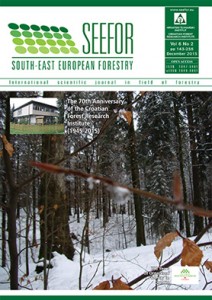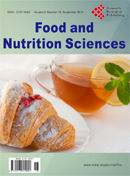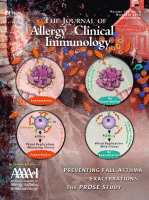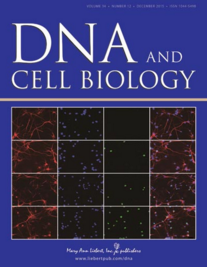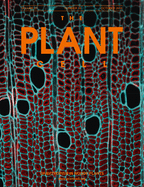 Wiley Periodicals is withdrawing a biochemistry paper after mistakenly publishing it in the wrong journal.
Wiley Periodicals is withdrawing a biochemistry paper after mistakenly publishing it in the wrong journal.
The mistake took a few months to sort out. Wiley initially published “Protein Kinase C Is Involved in the Induction of ATP-Binding Cassette Transporter A1 Expression by Liver X Receptor/Retinoid X Receptor Agonist in Human Macrophages” online in Journal of Cellular Physiology in May of last year. The article was posted in the correct journal — Journal of Cellular Biochemistry — in July.
At the very end of 2015, the publisher officially withdrew the version it posted in the Journal of Cellular Physiology.
Here’s the withdrawal note (which is paywalled — tsk, tsk):
Continue reading Wiley published a biology paper in the wrong journal


